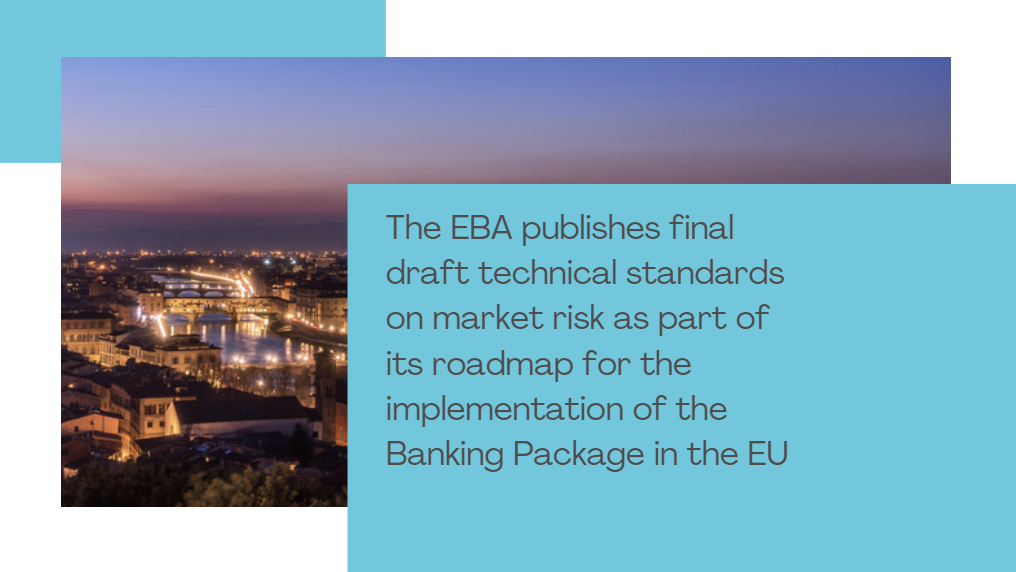Kosovo central bank hails ‘significant step forward’ in digital finance push
The governor of the Kosovo’s central bank has hailed a newly signed co-operation agreement with the International Finance Corporation (IFC) as a ‘significant step forward’ in a strategy to encourage digital financial services.
The Balkan country declared independence from Serbia in 2008 and has experienced what the World Bank describes as ‘steady’ economic progress over the past 16 years.
The Central Bank of the Republic of Kosovo (CBK) and global development organisation IFC, a member of the World Bank Group, have this week announced the signing of a cooperation agreement to ‘enhance the digital financial services landscape’, including a commitment to increasing the take-up of cashless payments.
The Pristina-headquartered CBK described the partnership as supporting its ‘Strategic Plan 2024-2028’, which contains objectives to advance digitalisation and modernise processes and market infrastructure, in accordance with a draft law on payment services. The plan, published in December 2023, contained an ‘action’ to ‘strengthen the supervision of systems and systemically important payment instruments, including fintech’.
Kosovo is looking to become a member of the European Union (EU), having formally applied to join the 27-member bloc in December 2022. The Strategic Plan makes numerous mentions of seeking to harmonise with EU regulations. The newly signed CBK-IFC agreement similarly aims to see the IFC supporting the central bank ‘in catalysing the development of a robust digital financial ecosystem that not only addresses the needs of the domestic market but also aligns with European standards’.
Facilitating private finance
The collaboration is part of a broader IFC ‘Central and Eastern Europe Digital Financial Services and Embedded Finance Project’. Financed by Switzerland’s State Secretariat for Economic Affairs (SECO), it includes a focus on ‘facilitating an environment for public-private dialogue within the sector’, including ‘knowledge-sharing’ events and a ‘public-private platform’.
In its own announcement of the collaboration, the IFC describes an ambition to create a ‘more enabling regulatory environment, allowing financial market participants in Kosovo to develop innovative products and services to meet the needs of individuals and businesses.’
‘The project goals include promoting financial inclusion by driving investments in digital banking, fintech, embedded finance, and venture capital and private equity,’ the IFC states. ‘It focuses on policy and infrastructure reforms and it will also facilitate $45 million [about £34m] in financing from IFC and other private investors for banks, microfinance institutions and fintechs across the region. In Kosovo, these efforts are expected to ease access for businesses and consumers to a range of digital financial services.’
The IFC, which is to provide training to CBK employees on ‘global best practices in digital finance’, also refers to the promotion of ‘open banking initiatives’.
Open banking is being encouraged by governments worldwide, in different ways and at different speeds, as a means of boosting innovation and competition in financial services. ‘Open’ refers to open application programming interfaces (APIs): software intermediaries that allow two machines to interact (and, in the case of open banking, share banking data).
‘Accelerating critical reforms’
CBK governor Ahmet Ismaili and the IFC’s regional manager for the western Balkans, Nicolas Marquier, co-signed the agreement.
“This agreement marks a significant step forward in our strategic plan and objectives of advancing digitalisation, improving market infrastructure, enhancing access to finance, and promoting financial education,” said Ismaili, adding that the collaboration would be “instrumental in advancing our digital financial ecosystem that fosters innovation while maintaining robust regulatory standards.”
“Digital transformation is a cornerstone of Kosovo’s economic strategy, and affordable digital financial services are essential for promoting economic resilience and reducing poverty,” said Marquier. “By leveraging our global expertise, IFC is committed to supporting the Central Bank of Kosovo build a dynamic and competitive financial sector that can drive inclusive growth.”
“Digital transformation creates new opportunities for development, institutional capacity building and innovation. It also accelerates critical reforms and enhances transparency and accountability. Switzerland supports Kosovo in these efforts,” said Jean-Christophe Favre, head of sustainable economic development at the Swiss Embassy Cooperation Office in Pristina.
Kosovo (Kosova using Albanian spelling), which has a population of about 1.8 million, is the first of four Western Balkans countries included in the IFC’s overarching regional project to sign the cooperation agreement. The other three are Serbia, whose population is about 6.7 million, as well as Albania, and Bosnia and Herzegovina.
Draft law: ‘decisive step’
CBK deputy governor for banking operations, Dardan Fusha, recently spoke about digital payment trends in Kosovo during a conference speech.
“The number of transactions by bank cards, ATM and POS [point-of-sale] terminals, use of digital channels, POS transactions, e-banking and other services has increased significantly,” he told the audience at an event co-organised by the Kosovo Banking Association (KBA) and Visa, highlighting that POS payment transactions surpassed ATM transactions a couple of years ago.
Fintech-related innovation had, he said, brought “benefits and more service choices to consumers”, with developments also having “influenced the reduction of the cost of remittances, bringing Kosova below the regional average in terms of cost of transfers from the EU.”
“The new draft law on payment services, aligned with EU directives, is a decisive step, creating a more competitive and inclusive environment,” he said, adding that it was aligned with a strategic goal to join the Single Euro Payments Area (SEPA).
“The rapid pace of technological change also brings new risks to payment systems,” he also said. “Therefore, we are constantly working on strengthening the supervision of the payment system and consumer protection. Financial education of citizens for safe use and providing knowledge about possible risks empowers individuals to make right decisions, increase their confidence in the use of digital services and help them recognise and avoid potential fraud.”
Current currency tensions
Kosovo uses the euro as a de facto domestic currency, despite neither being an EU member nor a member of the eurozone. But currency matters are a politically sensitive topic, as parts of Kosovo’s north, populated mostly by ethnic Serbs, have continued to favour the dinar.
Tensions flared earlier this year when Kosovan authorities announced that they would be enforcing a euro-only policy for cash payments. Serbia’s president Aleksandar Vucic said his country would continue to make payments to Kosovo Serbs – for example, those receiving public-sector salaries, pensions and welfare – in dinars.
The EU reprimanded Kosovo in May over the unilateral closure of six branches of a Serbia-licensed bank, saying the move would negatively impact the life of Serbs living in northern Kosovo and damage Kosovo-Serbia ‘normalisation’ talks.
Kosovo and Serbia have participated in numerous stop-start negotiations to ‘normalise’ relations, with the EU facilitating through a ‘Belgrade-Pristina Dialogue’ process.
SECO has supported and funded economic development programmes and projects in Kosovo since 1998. Switzerland is not itself in the EU.























































First, please LoginComment After ~